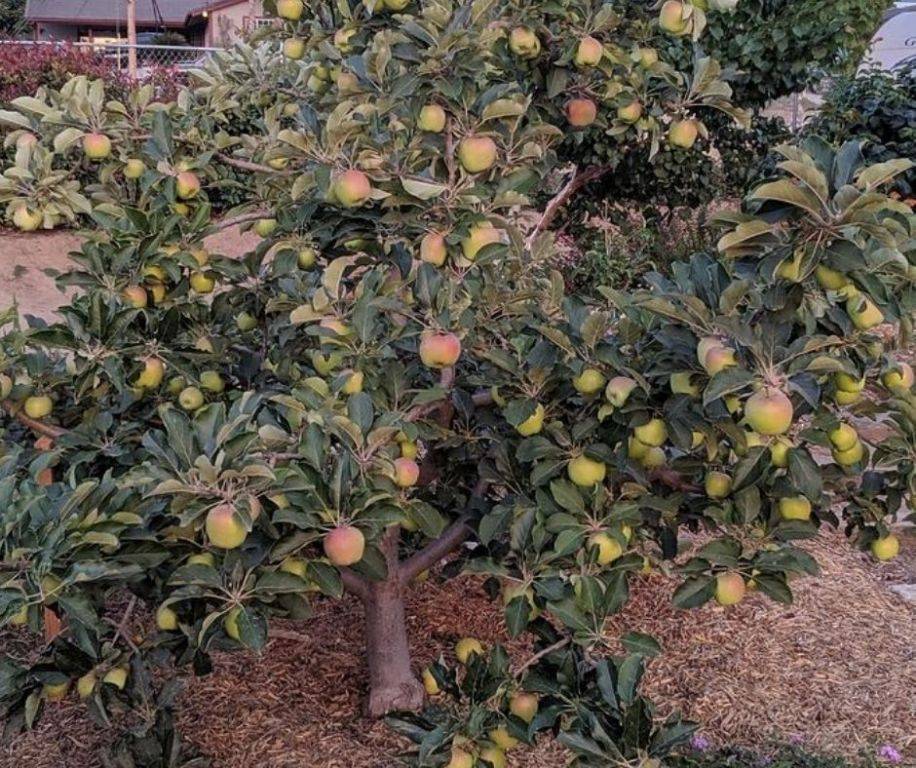
Have you ever heard of Apple Cultivation in Murshidabad before? To know how the experiment started, you should know how important 'Kashmir' apple orchards were for some villagers in West Bengal.
Apple farming in Jammu and Kashmir provides profitable job opportunities for low income migrant laborers. The state contributes to two-thirds of Indian apples which are exported worldwide. Roughly about 4 lakh laborers from India come to the valley to earn decent income in all sorts of trade.
But last year an unfortunate tragedy changed the whole scenario for Murshidabad villagers who used to work as seasonal migrant workers in Jammu and Kashmir apple orchards.
About 5 labourers were shot dead by unidentified gunmen in Katrasu village of south Kashmir’s Kulgham on 29th October 2019. This terrorist attack terrified the other migrant workers and majority of them returned home thereby greatly impacting the fruit trade in the State.
EMERGENCE OF A NEW IDEA TO SUSTAIN LIVELIHOOD
The ill-fated event caused about 30,000 workers from Murshidabad to leave their dreams of earning good source of income for their families. The terrified villagers refused to continue working as migrant labourers in Kashmir because they didn’t want to risk their lives further. The seasonal wage in the range of Rs 25000 to Rs 35000 used to be a good opportunity for them to support their families financially but the bone-chilling incident disrupted their normal lives.
This created a lot of stress and impacted the livelihood of villagers who were largely dependent on the ‘Jammu and Kashmir Apple Orchards’. A ray of hope emerged when the government planned to start apple cultivation In Murshidabad. This was astonishing because tropical climates are not suitable for temperate fruits like apples but still the idea was proposed to experiment with apple varieties that could withstand the heat even if the mercury crossed 40 degrees.
This new risk was initiated because if the plan worked out then it had the potential to create enough job opportunities for both skilled and non skilled workers in the village. This would generate decent income and nobody would be forced to migrate to other places in looking for lucrative job offers.

Apple Cultivation In The Plains of Bengal’s Murshidabad
This initiative started in Sagardighi, a town in Murshidabad district, in the state of West Bengal. Approximately around 1500 ‘Anna’ variety apple saplings were planted in two hectares of land owned by the state and in three and a half acres of land owned by the landlords of two villages in Bahalnagar and Belkhoria. The five victims of the terrorist attack in Kashmir were from Bahalnagar village and it was very necessary to provide some kind of relief to the hapless villagers regarding their source of income.
The proposal was on hold until they could get any sort of green signal from the authorized officials. Noor Salam, a farmer along with two horticulturists were sent to the Indian Institute of Farming Systems Research in Meerut to get a glimpse on the variety of apples that could grow on tropical weather. They recommended ‘Anna’ and further stated that addition of ‘Dorsett Golden’ variety would not only result in abundant production but would also substantially enhance the quality of the fruits.
Ratan Ray, a technical officer in horticulture had stated that around 10% of saplings needed to be Dorsett Golden in the apple cultivation proposal in Murshidabad. This was the sole reason behind buying of 150 saplings of Dorsett Golden along with 1500 saplings of ‘Anna’ variety.
A chilling temperature below 10 degree C is needed for mere 120 hours to grow these varieties which is much easier than to grow other varieties which need an average of 300 hours.
The chief Minister of West Bengal, Mamata Banerjee saw immense growth and positivity in the new scheme. She wanted more land to be included in the project so the unused state lands were also used up for this proposal along with the lands given by farmers. This project has aimed to cover approximately 87 acres in the coming few years.
The Success Of Growing Temperate Fruit In Tropical Climate
First apples of the saplings have already arrived this year in July 2020 and after 1 more season, these apples will be ready to be sold commercially. The third season would grant an approximate of Rs 2000 per tree by the producer and by the fifth year, it would shoot up to Rs 9500 per tree. The price varies according to the amount of fruits borne by the tree but it’s a guarantee that each tree would bear a minimum of 50 apples which are enough to provide a good starting income for the workers.
During this coronavirus pandemic, it has become more difficult for workers to migrate to other places for work. Hence this initiative has proved to be a boon for the villagers and farmers of Murshidabad. After one more season their hard work will pay off and the plucking of apples from the trees of their own land will give them the same joy as they used to experience in the valley of Paradise.








